Dear Families,
As a part of the continuous improvement required by the National Quality Standard, this week we are:
- comparing the way we develop and implement our curriculum against the Government’s exceeding measures in these areas. If you’d like more information about the practices required to achieve exceeding please let me know
- reviewing our Educator and Management Policy. A Summary follows:
Educator and Management Policy
Contains:
- Code of Conduct which we covered in Week 21 2020
- Procedures if staff wish to babysit outside work hours
- Management responsibilities
- Procedures for managing visitors
- Communication procedures including procedures for meetings
- Performance development and performance management guidelines
- Work health and safety issues – bullying, harassment and discrimination, stress management
- Orientation procedures for new or returning staff
- Procedures for managing students and volunteers.
There is a copy of the policy in the foyer. Please take a moment to read it.
We value any feedback you may have.
We’ll like to pass a GIGANTIC THANK YOU to Emma Sholl who kindly came last Tuesday with 2 more musician to perform for our children. Children and educators loved the incursion of beautiful music they brought to our center. At Amigoss we are so grateful for our families who help us complement our curriculum with amazing contributions that enhance the learning opportunities of the little ones.
Parents being involved in the childcare and stablishing positive relationships with the families creates a welcoming atmosphere for the children and allows families and educators learn and share information about the children development.
Preschoolers
After the long weekend children found their spot to express their share their experiences with their friends and educators. Children learn communication skills and vocabulary by finding spaces to explain themselves with no limits and where they are able to hear stories from people their age.
Following up with our learning about the human body, this week we engaged in experiences focused on our bones. We worked on our numeracy skills by counting some of the bones and remembering we all have 206 bones (but babies have around 300).
During the week, they showed curiosity, enthusiasm and persistence in their learning while they were practicing their fine motor skills, hand-eye coordination and precision holding the scissors to cut some bones out. They put in practice their knowledge in a big pretend play about a plane crash where they had to fix the teachers who broke all their bones and they helped each other to find the different resources to create spine prothesis.
Teaching them about their bodies help the little ones to appreciate, be aware and control them better and reach the fullest potential. More control equals less insecurities down the road and encourages healthy life styles.
Toddlers
Borders don’t exist for our toddlers this year. This week they travelled to Venezuela and Kyrgyzstan to learn about the culture and traditions of Rocio’s family who had great contributions during the week.
In Venezuela, children engaged in hands-on learning making recycled “Guacamayas” (kind of bird), trying its flavours with a yummy rice and cinnamon drink and learning self-skills by serving themselves a traditional Venezuelan dish, “Pavellon” (rice, beans, beef and plantain).
After a long flight, they got to Kyrgyzstan where they got to paint its flag, made some “Boorsok” (traditional dessert) and they got involved in a beautiful literacy experience reading a story that Rocio’s dad made to teach her about his country.
babies
Our babies keep working in their memory and matching skills as well as their communication skills. After last week success of the fruits matching game, this week they engaged in a similar experience, this time, with animals. Repetition help children to master their skills and increases their confidence as they feel proud of their achievements.
The little ones of the centre also engaged in some self recognition experiences where they get to enjoy looking at themselves on the mirror and pointing out the different features.
Following up with the learning of the parts of the face, our amazing educators carried out an activity where the children could add the different parts of the face on a doll made of cardboard. This experience helps the children develop their fine motor skills, follow instructions and enhance their vocabulary.


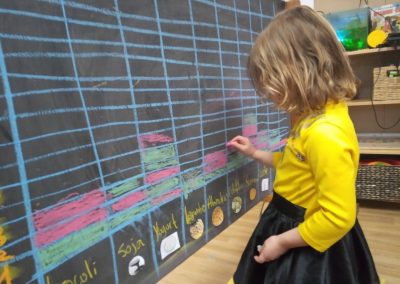
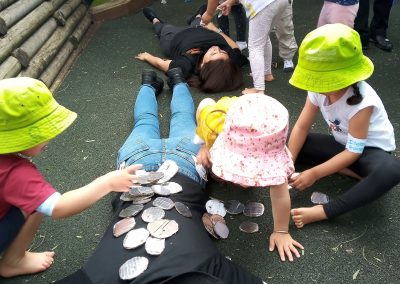
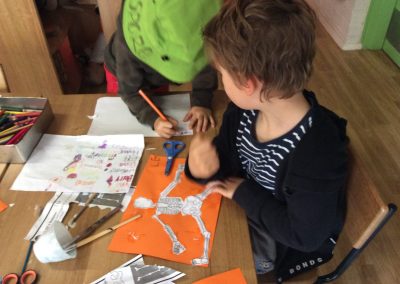

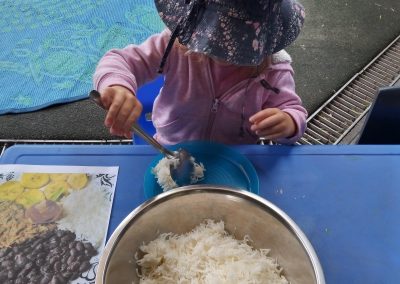
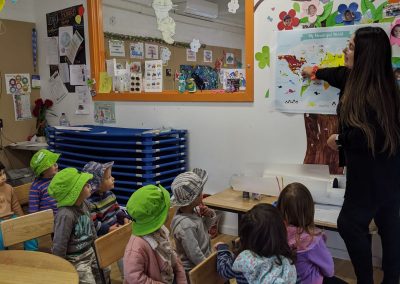
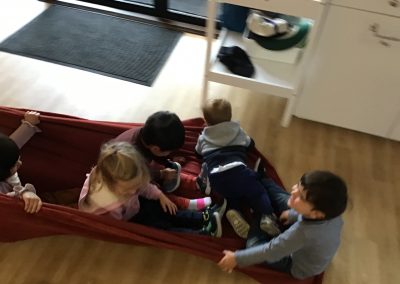
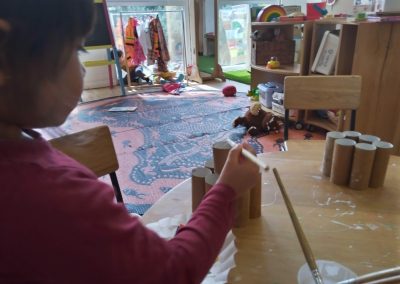
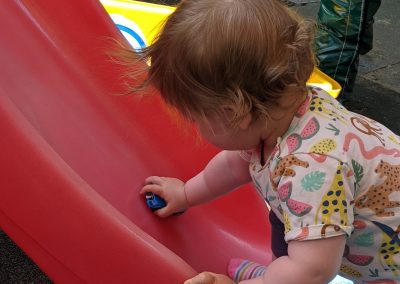
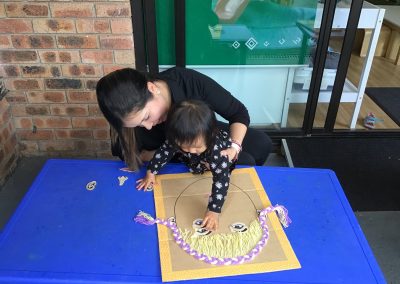
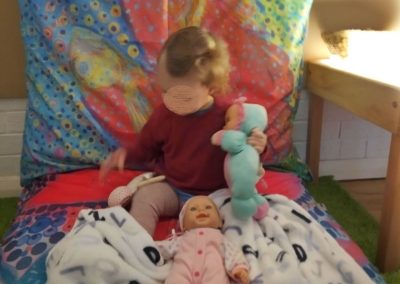

Recent Comments